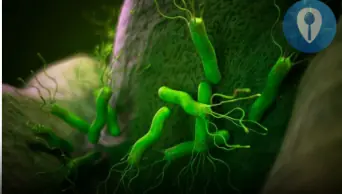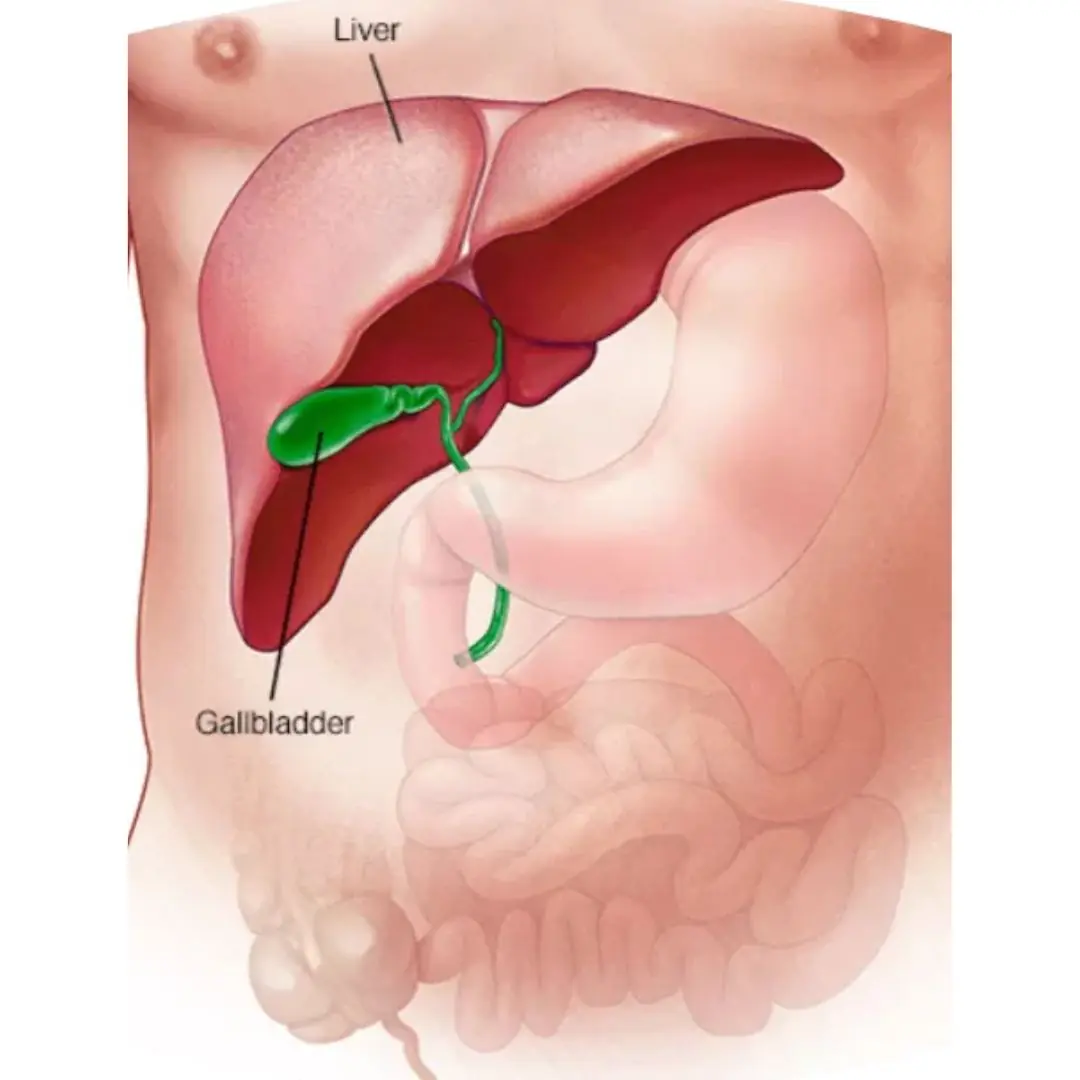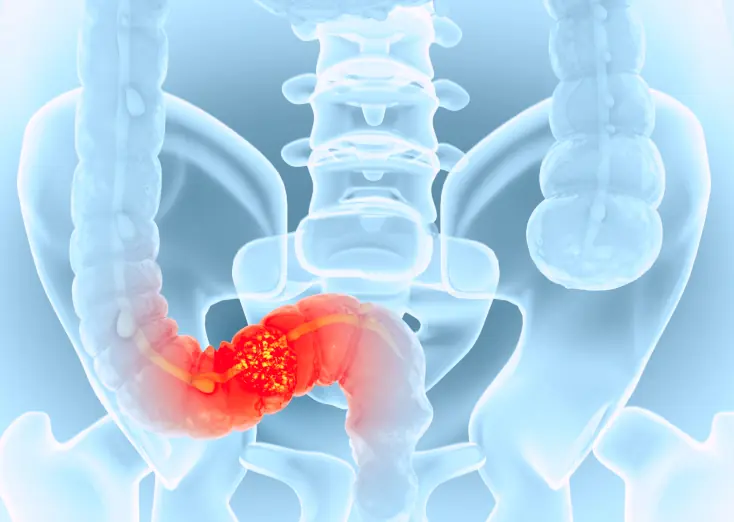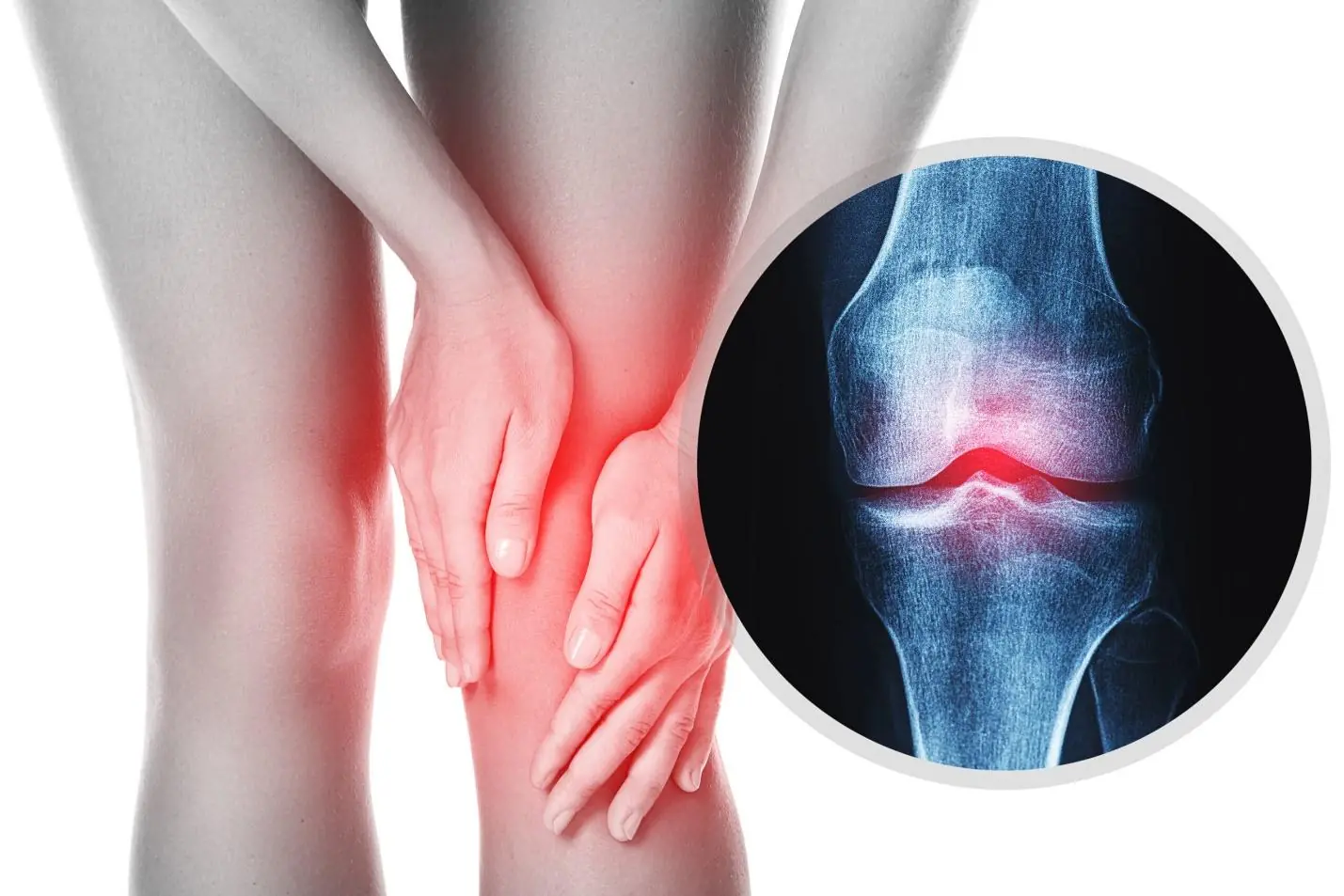
Meet Helicobacter pylori: A Dangerous Bacteria That Can Cause Deadly Can:cer
Helicobacter pylori is a bacteria that has drawn significant attention from the scientific community due to its involvement in various digestive diseases, including gastritis, peptic ulcers, and, in severe cases, gastric cancer. It is estimated that half of the world’s population is infected with this bacteria, though not everyone develops related diseases.

Its discovery in 1982 by Barry Marshall and Robin Warren revolutionized gastroenterology. They proved that many stomach ulcers were not caused by stress but by this bacteria. Their groundbreaking work earned them the 2005 Nobel Prize in Medicine for their contribution to understanding and treating these conditions.
What Is Helicobacter pylori and How Is It Transmitted?
Helicobacter pylori is a spiral-shaped, Gram-negative bacteria with high motility due to its flagella, which help it move in the acidic environment of the stomach. This adaptability allows it to neutralize stomach acid by producing urease, an enzyme that breaks down urea into ammonia and bicarbonate, creating a less acidic area where the bacteria can thrive.
How It Spreads:
📌 Oral-oral or fecal-oral transmission – Common in areas with poor sanitation and close human contact.
📌 Contaminated food and water – Drinking unclean water or eating contaminated food can spread the bacteria.
📌 Medical equipment – Poorly sterilized endoscopes may contribute to transmission.
📌 Contact with animals – Some studies suggest potential transmission through pets or livestock.
Read More: Foods That Help Combat Helicobacter pylori from Day One
Health Impact: Diseases Linked to H. pylori Infection
H. pylori infections can have serious consequences for digestive health, and in some cases, may even affect other organs. It is responsible for chronic inflammation in the stomach lining and contributes to various serious health conditions.
1. Gastritis and Peptic Ulcers
One of the most common effects of H. pylori is chronic gastritis, a persistent inflammation of the stomach lining that can lead to stomach or duodenal ulcers over time.
🔹 Symptoms:
✅ Abdominal pain
✅ Heartburn
✅ Nausea
✅ Digestive bleeding in severe cases
These ulcers can disrupt digestion, reducing the absorption of iron and vitamin B12, leading to anemia and nutritional deficiencies.
2. Link to Gastric Cancer
One of the most concerning aspects of H. pylori is its connection to gastric cancer. The bacteria induce chronic inflammation, which can cause abnormal cell changes in the stomach lining, leading to gastric adenocarcinoma and MALT lymphoma (mucosa-associated lymphoid tissue).
🔴 The World Health Organization (WHO) has classified H. pylori as a Group 1 carcinogen, meaning there is strong evidence of its role in causing stomach cancer. It is estimated that H. pylori is present in at least 80% of gastric cancer cases worldwide, highlighting the urgent need for early detection and treatment.
How Is Helicobacter pylori Diagnosed?
Diagnosing H. pylori can be done using invasive and non-invasive tests.
Non-Invasive Tests:
🔹 Urea Breath Test – The patient ingests a urea solution. If H. pylori is present, it produces marked CO2, which can be detected in exhaled breath.
🔹 Stool Antigen Test – Detects H. pylori antigens in stool samples.
🔹 Serological Tests – Detects antibodies in the blood but cannot distinguish between past and current infections.
Invasive Tests:
🔹 Endoscopy with Biopsy – A tissue sample is collected from the stomach lining to detect H. pylori through histological analysis, culture, or urease tests.
🔹 Bacterial Culture – Helps determine antibiotic resistance but is rarely used due to complexity.
🔹 PCR (Polymerase Chain Reaction) Test – A highly accurate test that detects H. pylori DNA, though it is not widely used in routine diagnosis.
Treatment Options & Antibiotic Resistance
The standard treatment for H. pylori involves a combination of antibiotics and proton pump inhibitors (PPIs) to reduce stomach acid.
Common Treatment Protocols:
✔️ Triple Therapy – PPI + Two antibiotics (Amoxicillin + Clarithromycin or Metronidazole) for 10–14 days.
✔️ Bismuth-Based Quadruple Therapy – Used for antibiotic-resistant infections, adding bismuth to increase effectiveness.
✔️ Tailored Antibiotic Therapy – In some cases, bacterial culture tests help select antibiotics based on resistance patterns.
The Growing Problem of Antibiotic Resistance
🚨 H. pylori is becoming increasingly resistant to Clarithromycin and Metronidazole, making standard treatments less effective. This has led researchers to explore:
🔹 Probiotics
🔹 Bacteriophage therapy
🔹 New antibiotic regimens
🔹 Potential vaccines (still in development)
Prevention Strategies
Since H. pylori infection is typically acquired in childhood, improving hygiene and ensuring access to clean water are key to preventing its spread.
How to Reduce Your Risk:
✔️ Practice Good Hygiene – Wash hands thoroughly before eating and after using the restroom.
✔️ Drink Safe Water – Avoid consuming unfiltered or unsafe water, especially in areas with poor sanitation.
✔️ Ensure Food Safety – Eat well-cooked foods and avoid contamination.
✔️ Avoid Sharing Utensils – Oral-oral transmission is possible, so avoid sharing cups, spoons, and cutlery.
✔️ Regular Check-Ups – People with a family history of stomach diseases should undergo periodic screenings.
Ongoing Research in Vaccines
Although there is currently no approved vaccine for H. pylori, scientists are actively working on developing effective immunizations to prevent infection in the future.
Conclusion
Helicobacter pylori is a highly adaptable stomach bacteria capable of causing a range of diseases, from gastritis and ulcers to gastric cancer. Its high global prevalence and growing antibiotic resistance make research into new treatments and prevention strategies crucial.
✔️ Early detection and treatment are essential to prevent severe complications.
✔️ Improving hygiene and food safety can significantly reduce infection risks.
✔️ New therapies and vaccines may provide future solutions to combat this silent but dangerous bacteria.
Taking care of your digestive health today could help protect you from serious health complications in the future. 🛑🔬
News in the same category


Gallbladder removal: what happens next and 3 risks to watch for

The “3 Don’ts” After Eating and “4 Don’ts” Before Sleep — Simple Habits Linked to Stroke Prevention

If you get a lump on your neck, back or behind your ear, it means you have ca...

Garlic – the cheapest remedy in the kitchen, treating everything from colds to he.art health

Experts warn: 6 things that can worsen neck and shoulder pain and affect overall health

Everyone throws away lemon seeds—few realize they have such remarkable benefits

People about to have c.an.cer often have 3 signs in the neck, early examination still has a chance of treatment

Did You Know That Waking Up At 3 Or 4 In The Morning Is A Clear Sign Of...

Dull abdominal pain, abdominal pain around the navel, be careful because you may have this disease

Before ca.n.cer develops, your hands and feet may show these 4 warning signs.

Should you keep the bathroom door open or shut when it’s not in use? Surprisingly, many people get this wrong.

7 FOODS THAT MAY HELP CAN:CER DIE DON’T WAIT TO EAT THEM

Play Experts reveal that eating bananas in the morning cause

If your heel hurts when you wake up or after standing for a long time, this is what your body is telling you.

Science backs it up: 3 fruits that fight fatty liver, regulate sugar and cholesterol

A 52-Year-Old Woman Di.ed from a Stro.ke: Middle-Aged People, Stop Doing These 7 Things

Doctors’ Warning After a Tragic De.ath: Don’t Drink These 4 Types of Water Before Sleeping Even If You’re Thirsty

Discover Love in the Little Things: Everyday Connections

Say Goodbye to Swelling
News Post

Drinking coffee and seeing these 7 signs is a wa.rning of da.nger: If you see even 1, you should stop immediately

Beef Stir-Fry with Bell Peppers and Onions

Gallbladder removal: what happens next and 3 risks to watch for

The “3 Don’ts” After Eating and “4 Don’ts” Before Sleep — Simple Habits Linked to Stroke Prevention

If you get a lump on your neck, back or behind your ear, it means you have ca...

Garlic – the cheapest remedy in the kitchen, treating everything from colds to he.art health

Experts warn: 6 things that can worsen neck and shoulder pain and affect overall health

Everyone throws away lemon seeds—few realize they have such remarkable benefits

Why do Japanese people wear socks to sleep regardless of winter or summer?

People about to have c.an.cer often have 3 signs in the neck, early examination still has a chance of treatment

Did You Know That Waking Up At 3 Or 4 In The Morning Is A Clear Sign Of...

Man develops 'pork worms' in his brain after years doing this specific cooking habit

People with calcium deficiency often experience these 7 signs. Check now to see if you have them

Dull abdominal pain, abdominal pain around the navel, be careful because you may have this disease

Before ca.n.cer develops, your hands and feet may show these 4 warning signs.

Should you keep the bathroom door open or shut when it’s not in use? Surprisingly, many people get this wrong.

7 FOODS THAT MAY HELP CAN:CER DIE DON’T WAIT TO EAT THEM

Play Experts reveal that eating bananas in the morning cause

If your heel hurts when you wake up or after standing for a long time, this is what your body is telling you.
